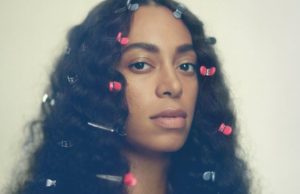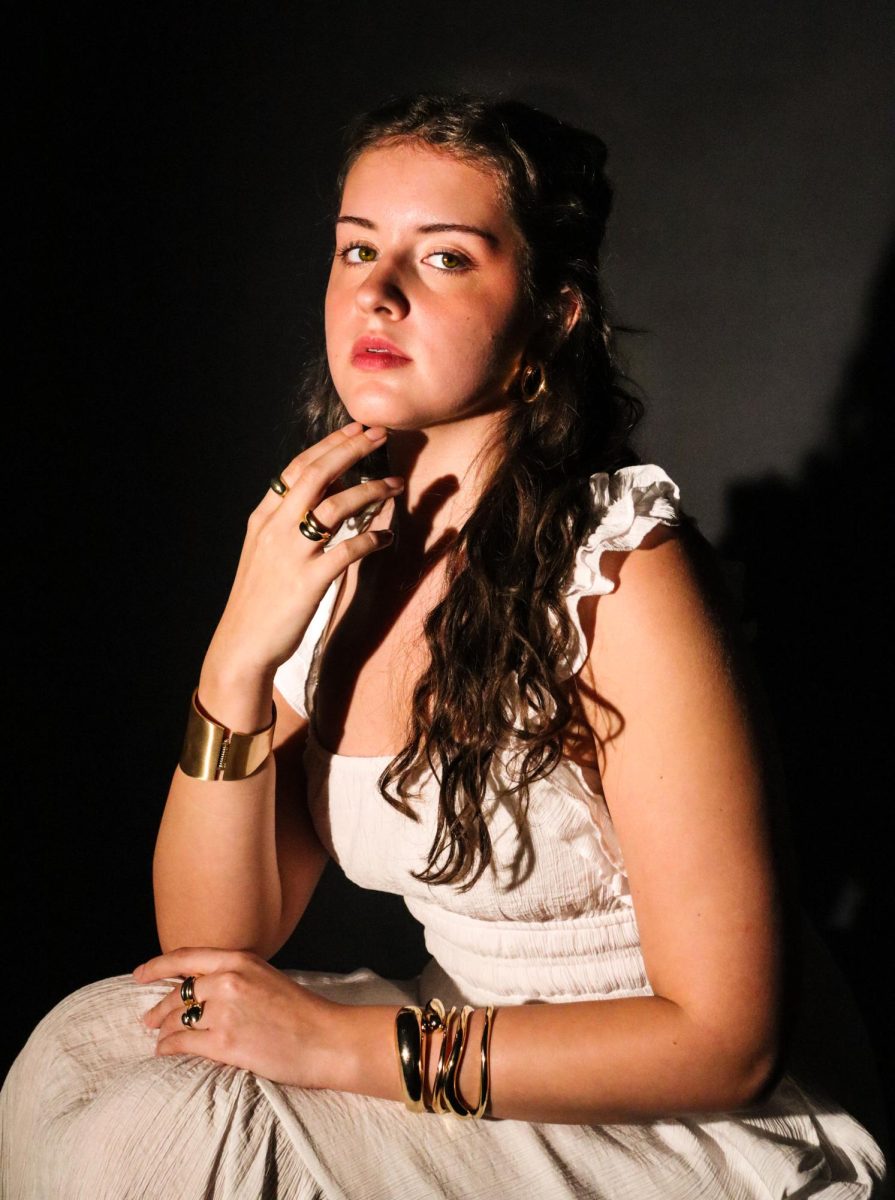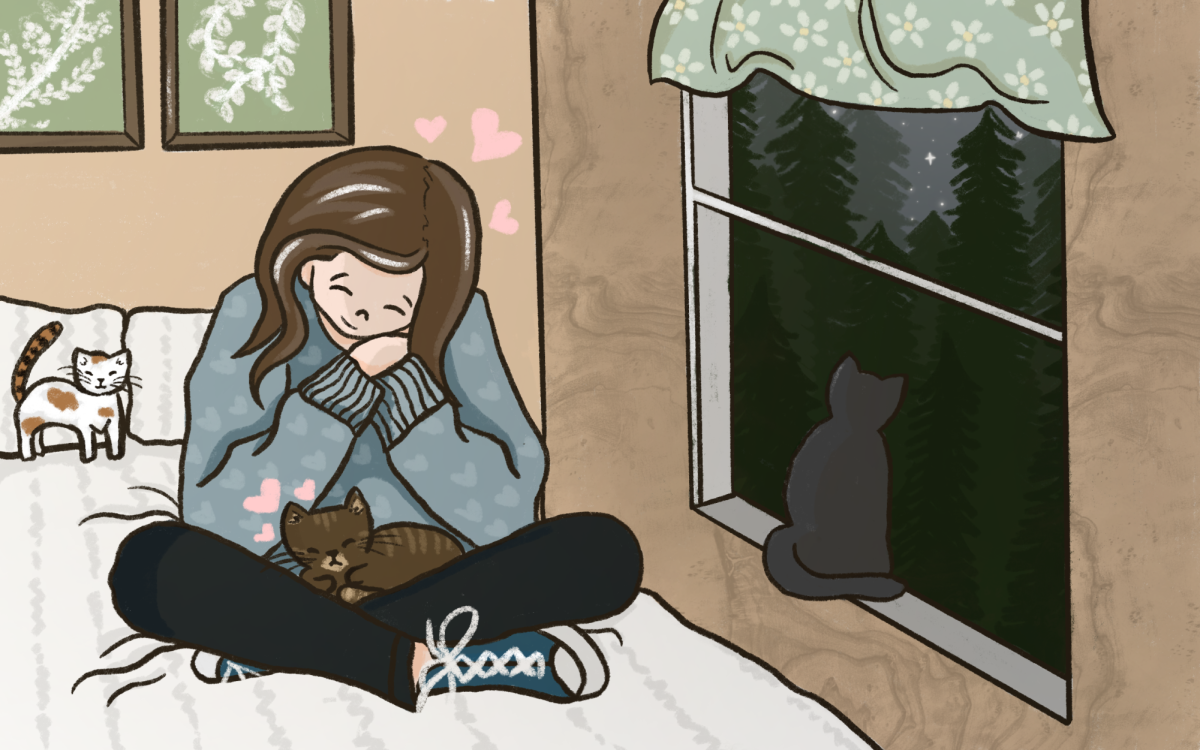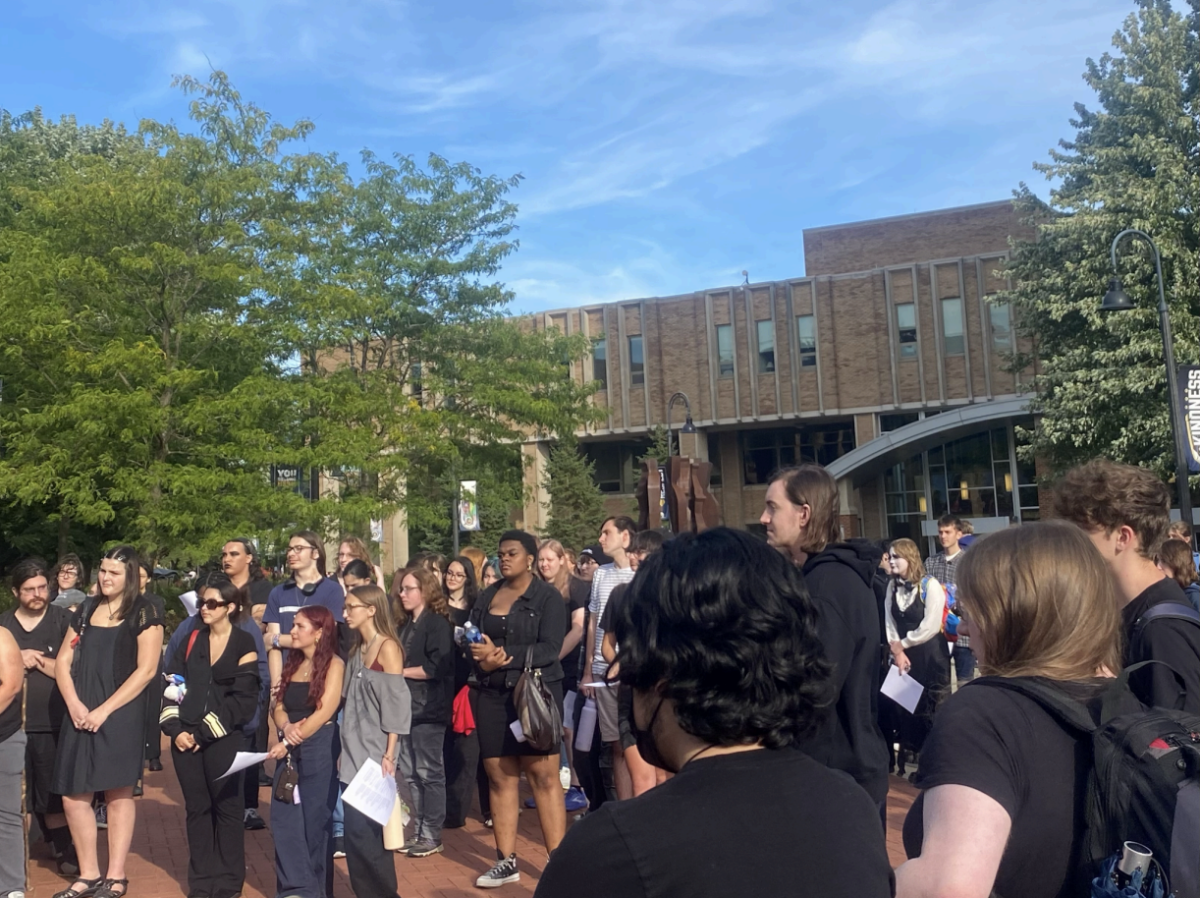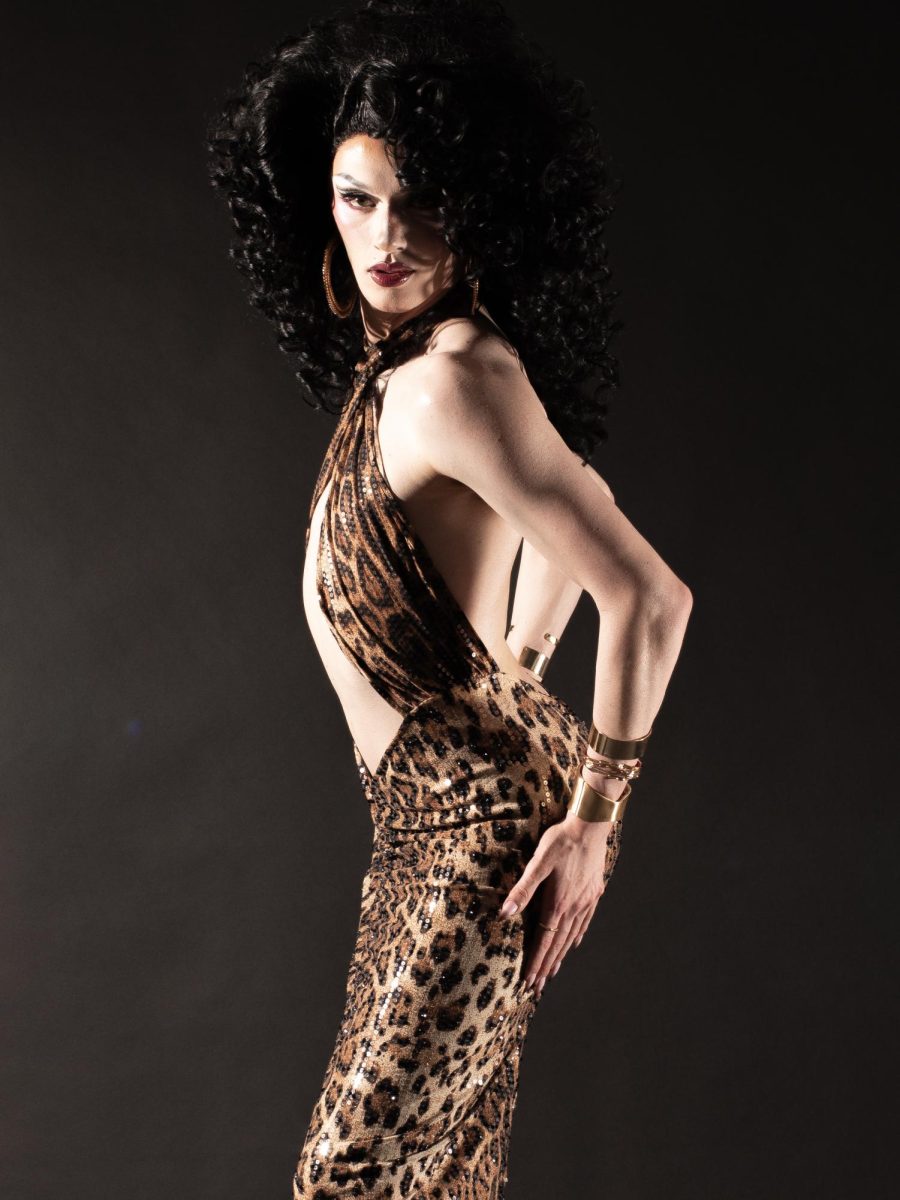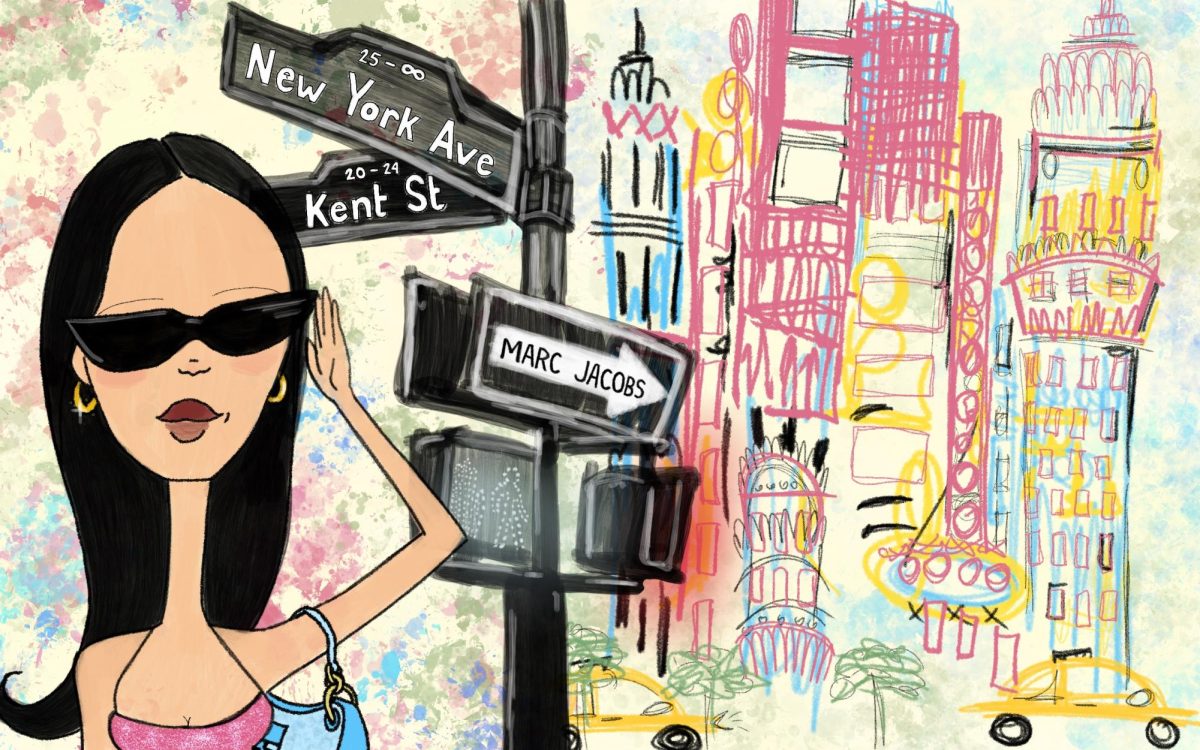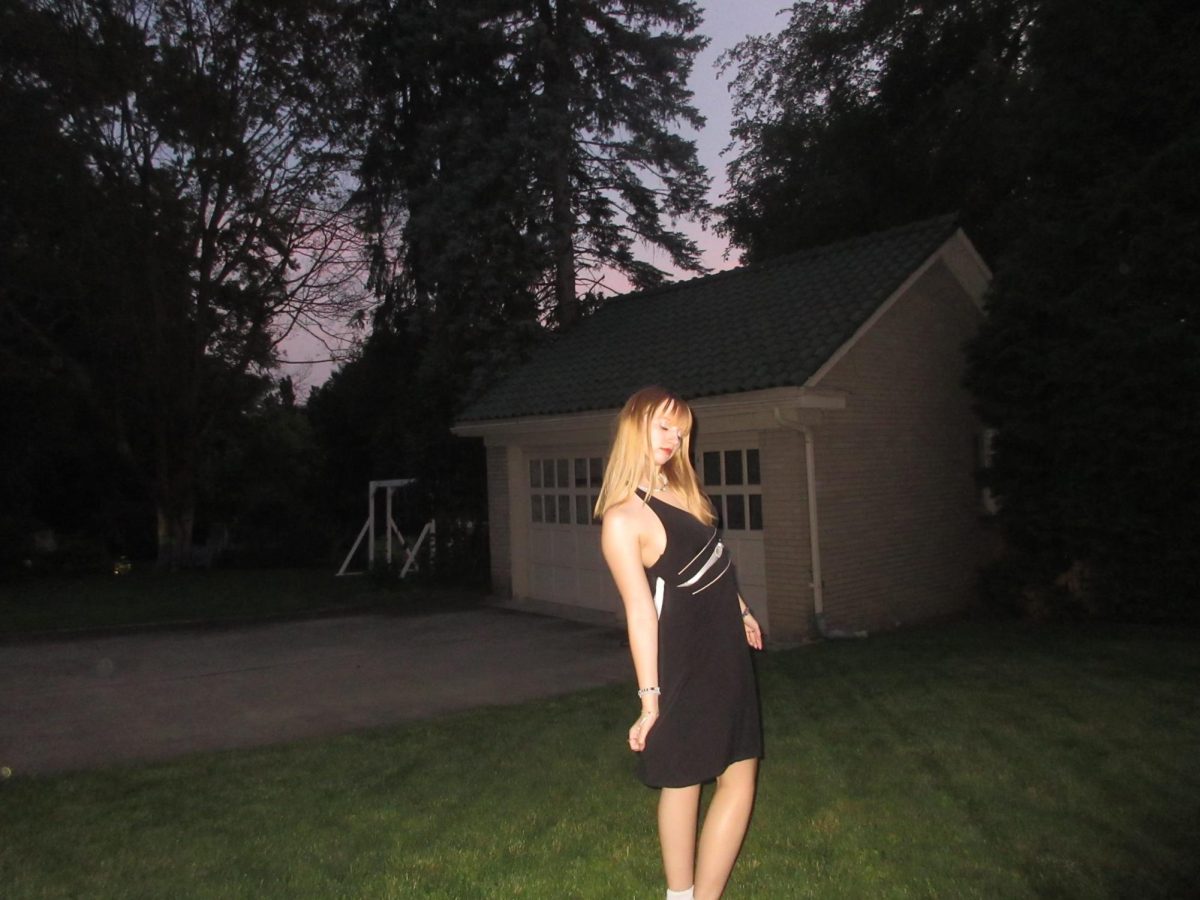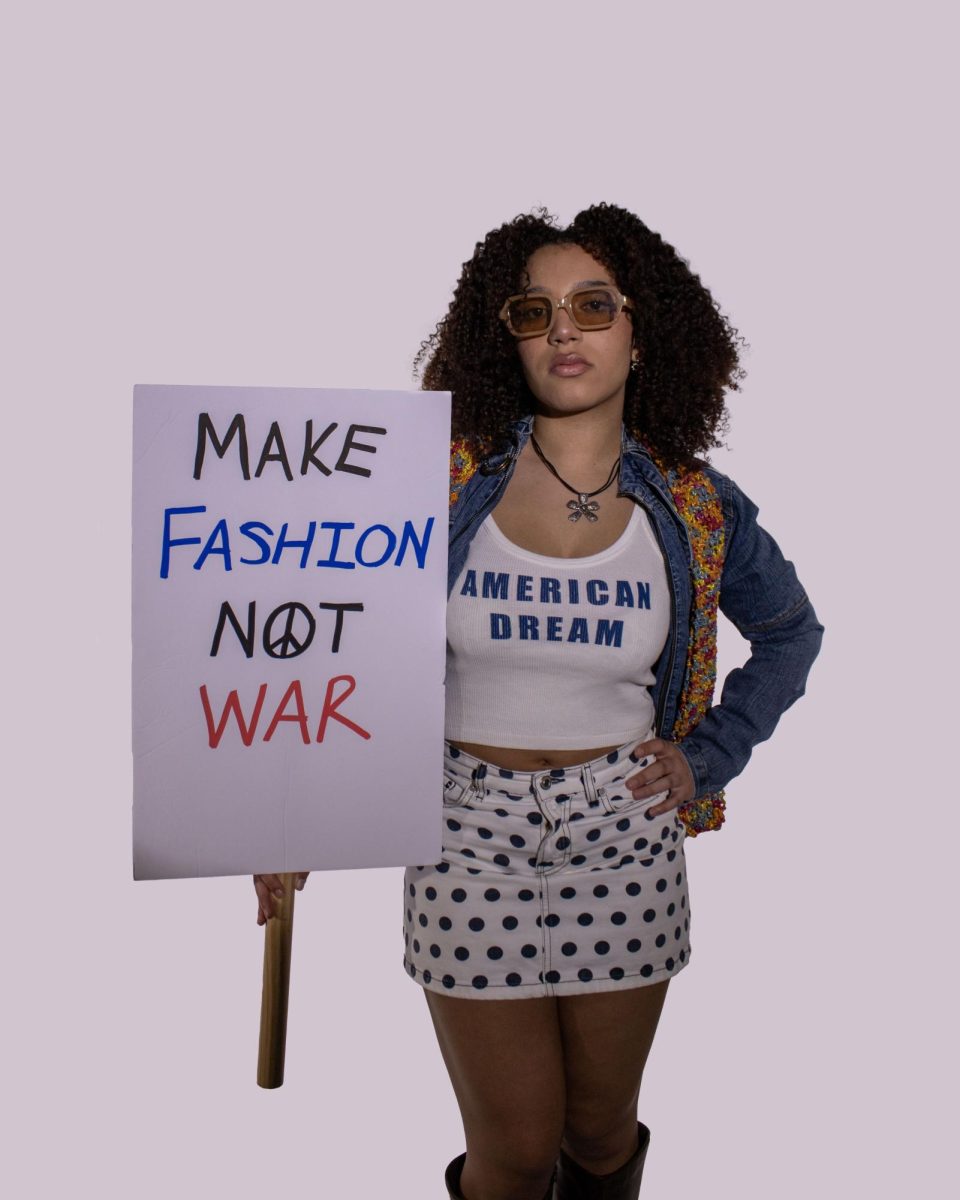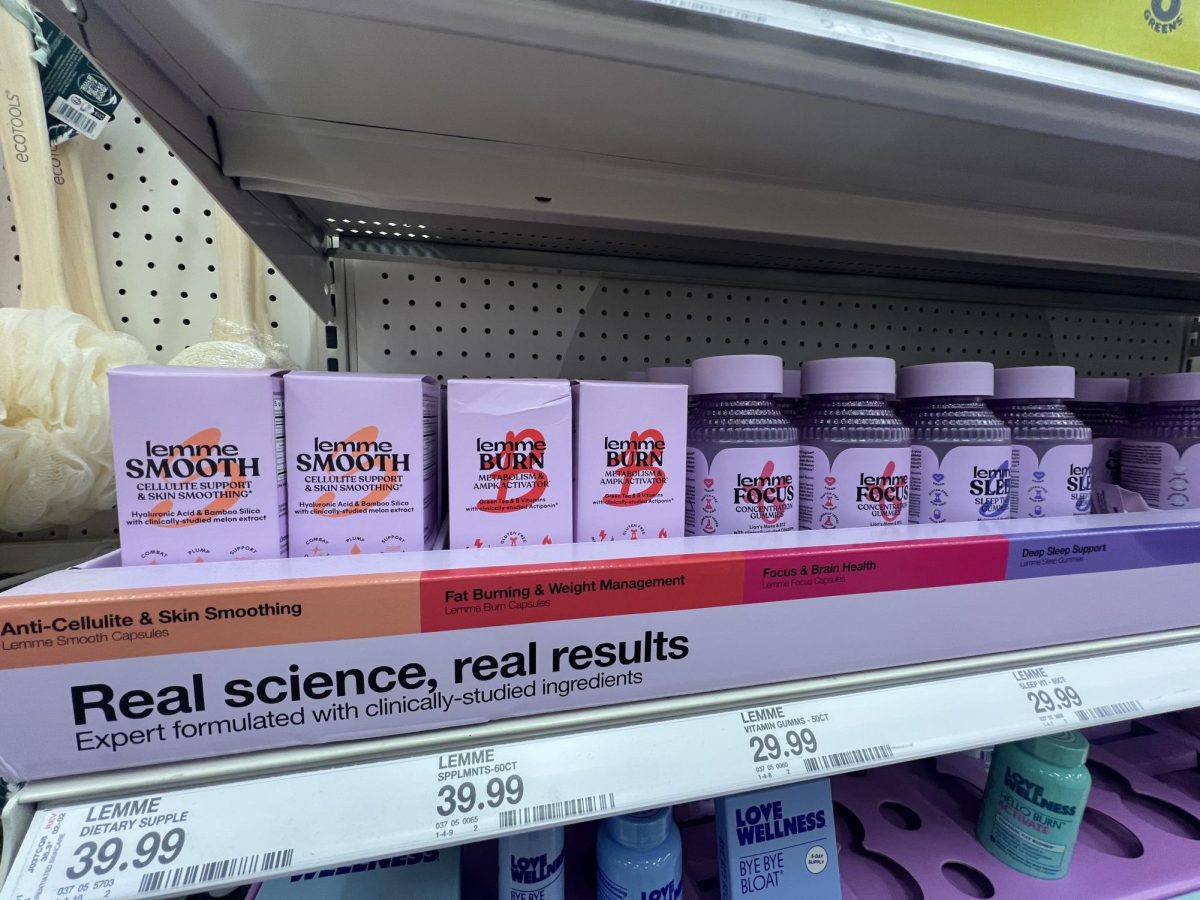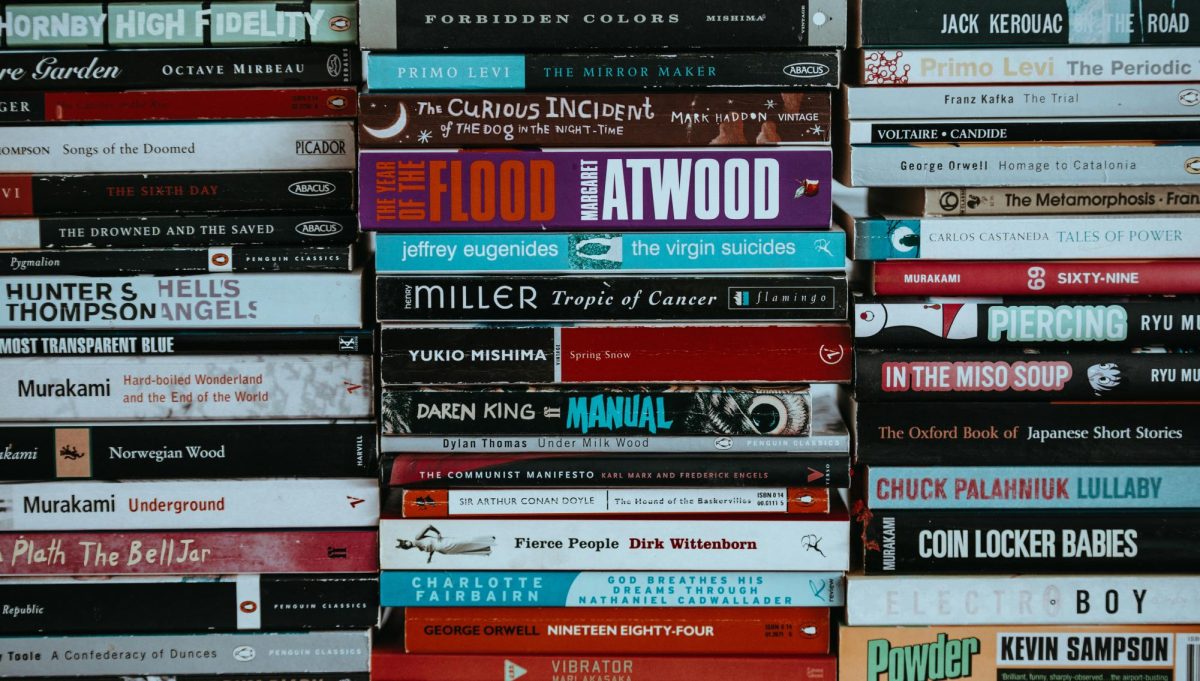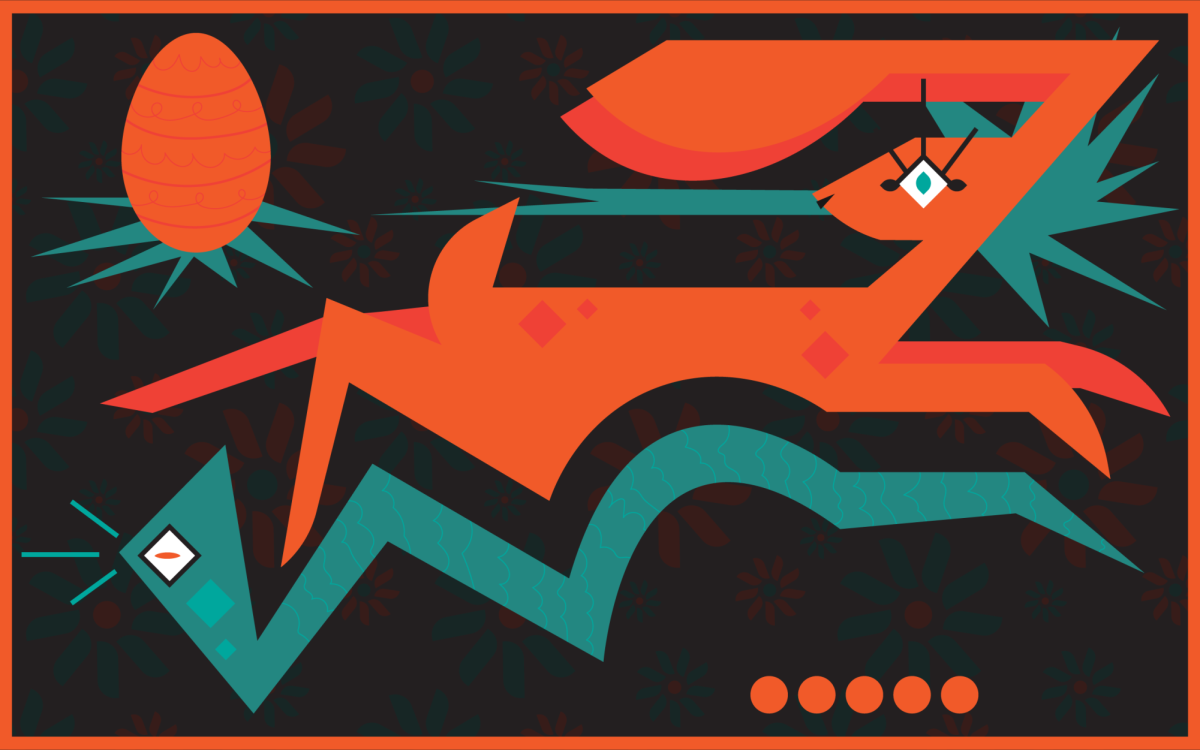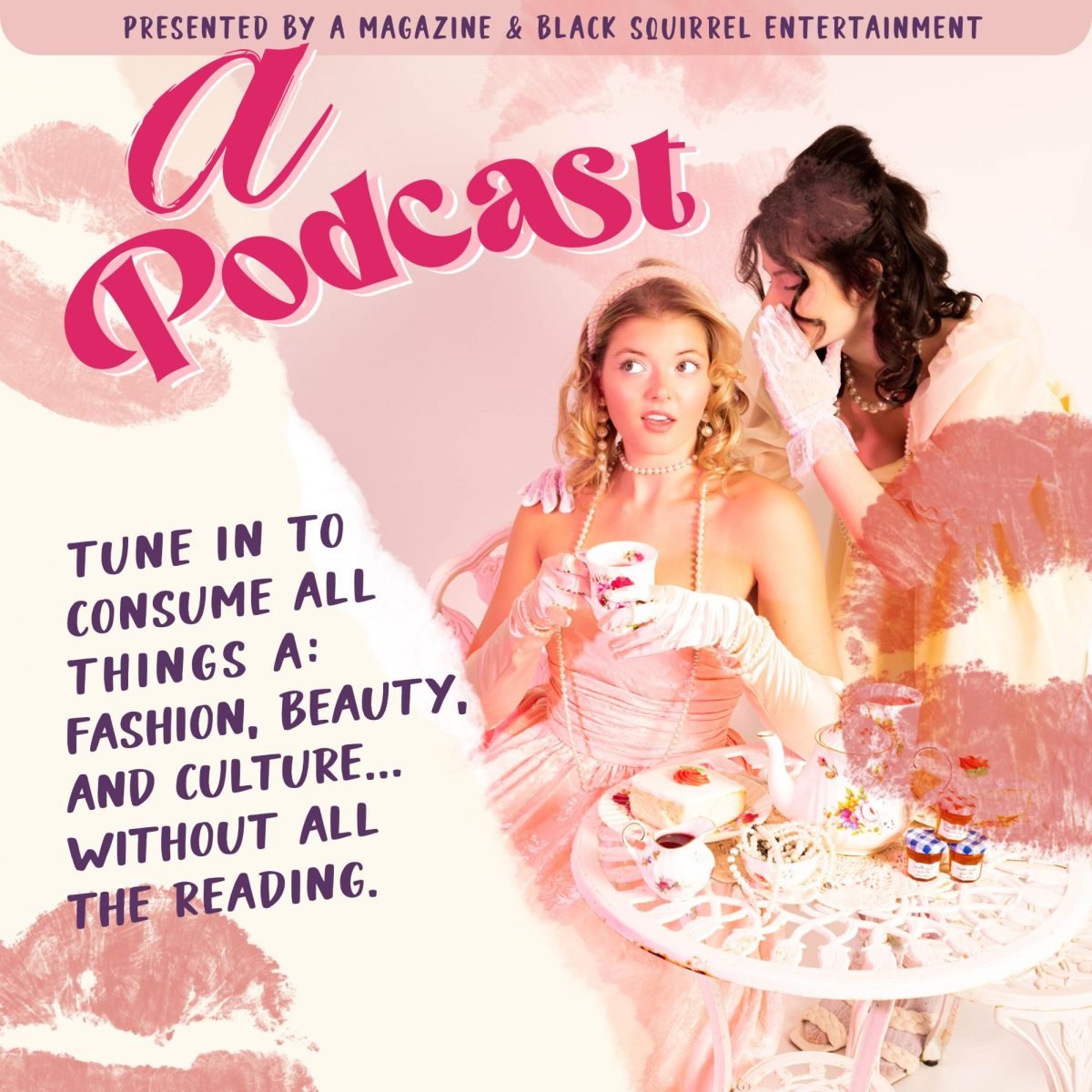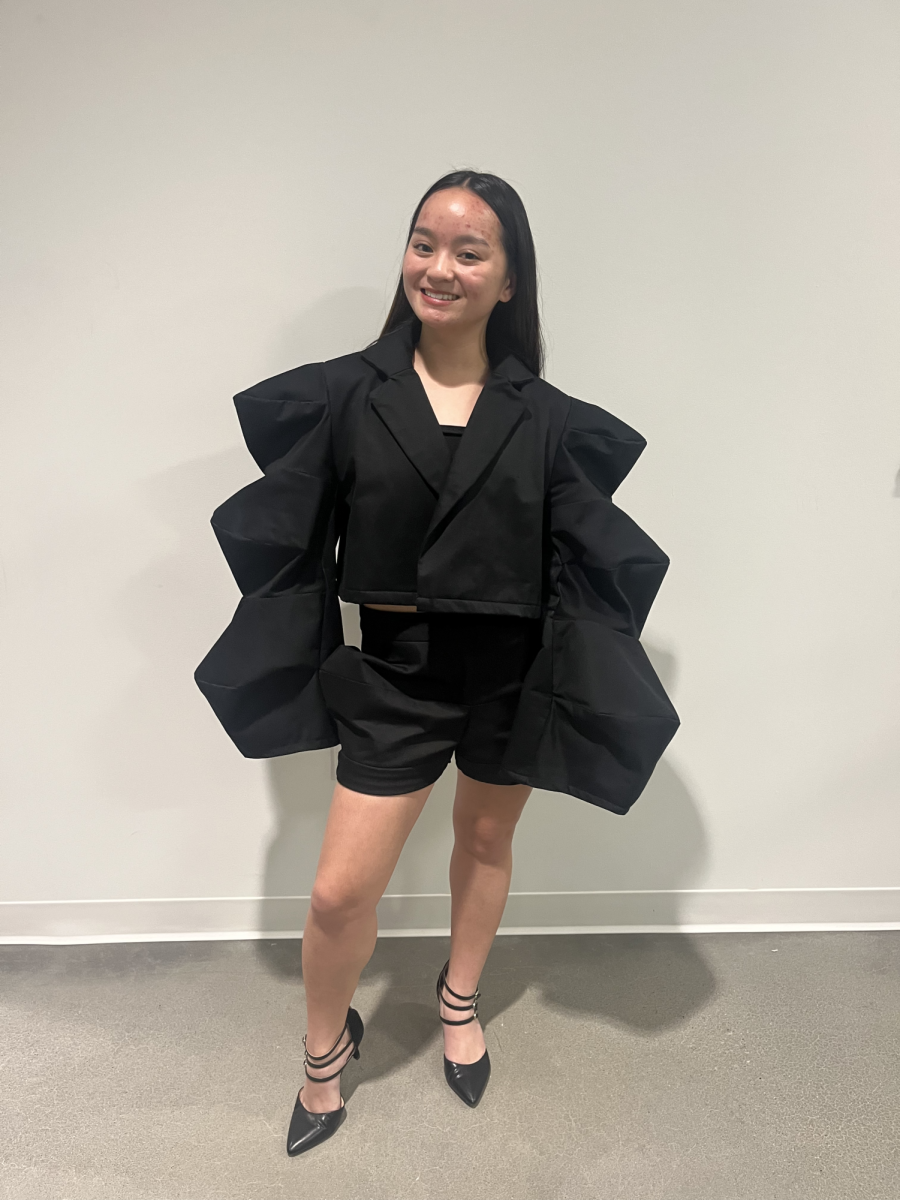With the release of Solange Knowles’ third album, “A Seat at the Table,” she has already secured the spot of one of the best albums of the year, next to the likes of her sister Beyoncé, Rihanna, Kanye and others. “A Seat at the Table,” is compiled of 21 tracks spanning 51 minutes long. Solange defines the album as “a project on identity, empowerment, independence, grief and healing.” All of this for the Black community, of course. The music is an ode to Black music in general. We can hear everything from funk and neo-soul to R&B, rap and jazz.
Rise is the opening number. The piece, although simple in words, provokes spiritual experience. There is this reassurance within the song brought to us by the repetitive nature that we all fall, but we will rise. Give yourself everything you need, and you will thrive.
Next is Solange’s indication that the record will discuss injustice. In the first lines of Weary, she states, “I’m weary of the ways of the world / Be weary of the ways of the world.” The song is a journey. She discusses finding her body, which can be alluded to as her place in this world. As a Black woman, once she has found her body, she must find her glory—her equality, everything she deserves, but in the end, as Master P suggests, “the glory is in you.” She asks, “do I belong?” and her answer is, “I do, I do.”
Solange adds a new layer of intimacy to the album with the next track, “Cranes in the Sky.” The song at its root is about her saddens and frustration while also being about the frustration of the Black community as a whole. She reveals her system of coping with the feelings she possesses. She wanted to “drink it away; dance it away; spend it away, sex it away; run it away; cry it away.” She sings, “It’s like cranes in the sky / Sometimes I don’t wanna feel those metal clouds.” She doesn’t want to feel as if she is “under construction,” like she is always being worked on, it provokes the feeling of never being good enough. Solange has noted before that this album “is meant to provoke healing & a journey of self empowerment,” and “Cranes” can attest to this.
As “Cranes in the Sky” comes to an end, Mathew Knowles, Solange’s father, voice surfaces. “I was the first, one of the first” he says, referring to being a Black student in a newly desegregated White school. He illustrates angry parents and KKK members yelling, throwing cans, and spitting as he arrives. “We lived in the threat of death every day. Every day. So I was just lost in this vacuum between integration and segregation and, and racism. That was my childhood. I was angry for years… angry, very angry.” His piece is entitled “Dad was Mad,” an Interlude to “Mad.”
“Mad” presents us with the first featured artist, as well as the first hint of rap. Lil Wayne assists Solange on showcasing this important song about the difficulty of being Black and mad.
Maddie Bentley, Kent State University junior, explains what she has taken from this track.
“She [Solange] has been known to the public eye as an angry Black woman. I think the song kind of is her reflecting on how much that has took a toll on her because that’s not who she is or who she wants to be. Although she wants to be angry and well deserves to be angry, she won’t live her life mad anymore… As a young Black woman myself I can definitely relate to this song. It’s like, we are a double minority. But if you stay mad your whole life at the things you really as a whole CANNOT change by yourself, then what are you really doing for yourself? Yes, it’s important to stand your ground, speak up and make a difference, but it’s also important to realize you matter, your health matters and your happiness. You cannot stay mad at the things you really have no control over.” said Bentley. As Solange sings, “I’m too high, I’m too better, too much / So I let it go.”
The next spoken word interlude comes from the one and only Tina Knowles. Within her address, “Tina Taught Me,” she clearly states that there is “so much beauty in being Black.” She then goes on to discuss a huge issue in today’s society, the idea of this anti-white attitude.
“It really saddens me when we’re not allowed to express that pride in being Black, and that if you do, then it’s considered anti-white. No! You just pro-black. And that’s okay… Because you celebrate Black culture does not mean that you don’t like White culture or that you putting it down,” said Knowles.
This introduces Solange’s next praised piece of the puzzle, “Don’t Touch my Hair” featuring Sampha. This song is important because she insists that “hair” is much more than just hair. Her hair is apart of who she is, where she has been and where she will go. It is not only attached to her physically, but attached to her mentally and spiritually. For that reason, no one, especially white people should be touching or gawking at her hair. She also gives a small nod to the process of Black women going from straightening and “normalizing” their hair to wearing it natural. “Rode the ride, I gave it time / But this here is mine.”
“F.U.B.U.” is another song that aims to claim Blackness. The song, that stands for “For Us By Us,” reiterates that this album is for the Black person, specifically the Black woman, “This shit is for us.” While listening to “F.U.B.U” you can here multiple examples of injustice and that frustration. She brings light to discrimination of Black men and women with the line, “When you driving in your tinted car / And you’re criminal, just who you are.” She also comments on the fact that White people try to make Black culture their own. “Get so much from us / Then forget us.” From hairstyles and clothing to music and dance. Solange suggests, “Don’t feel bad if you can’t sing along / Just be glad you got the whole wide world / This us / This shit is from us.” Because this song has countless mentions of the N word, she is also noting that that there is an issue with White people feeling entitled to use the word.
The album ends strong, finishing with “Don’t Wish Me Well” and “Scales.” As if the album wasn’t enough, Solange went the extra mile with adding stunning visuals. The list includes two music videos for “Cranes in the Sky” and “Don’t Touch My Hair,” a lyrical and photographic eBook and a newly released video of the early stages of the process that she notes helped her “remember the powerful energy that set the tone, and that I’m so grateful followed us everywhere during the creation of this record.”
Solange has already secured herself a spot in musical history and Black history with this much needed piece of art. I encourage you all to take a seat and just listen to this reminder that there is so much power in being Black. As Master P says in the closing, “The Chosen Ones,” “Now, we come here as slaves, but we going out as royalty.”







